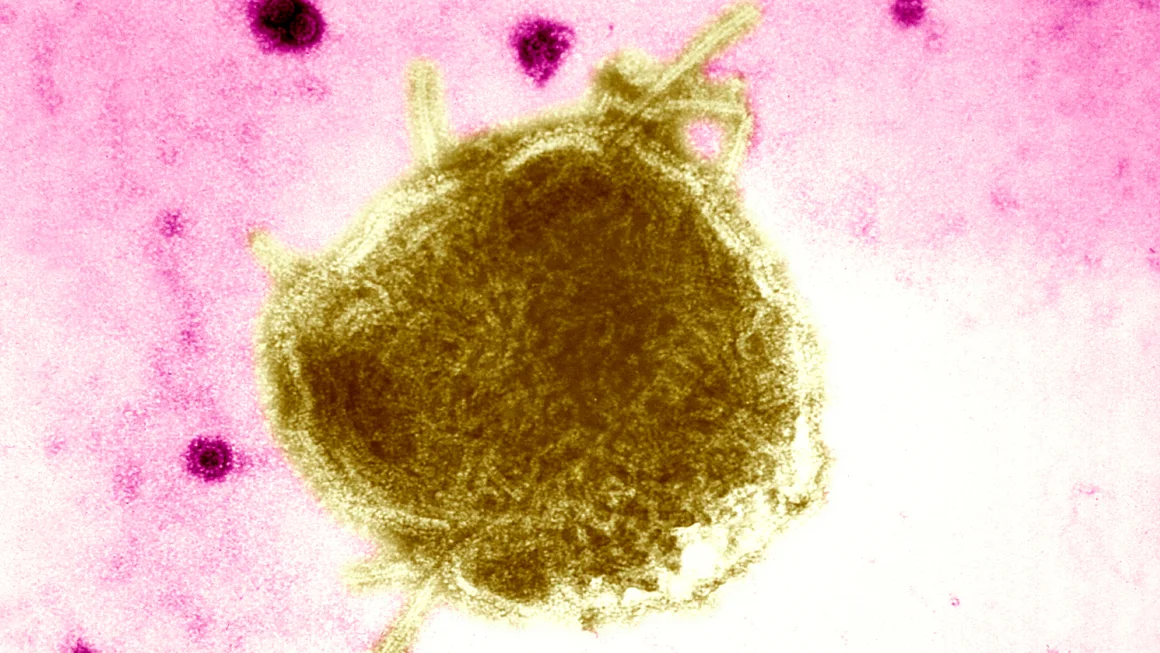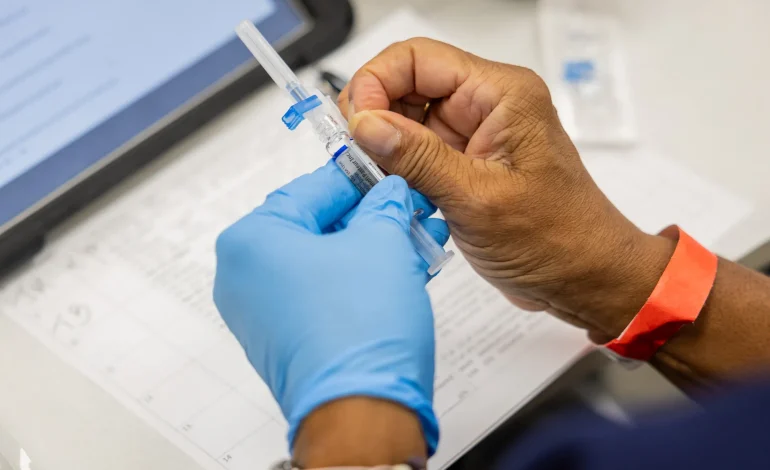If it seems like everyone around you is getting sick, you’re not alone.
The US is experiencing one of the worst flu seasons in recent years, with at least 24 million cases reported so far, according to the Centers for Disease Control and Prevention (CDC).
Nearly 8% of all outpatient medical visits during the week ending February 1 were related to respiratory illnesses, including the flu. This is one of the highest rates recorded in the past two decades, with 45 states and territories reporting “high” or “very high” flu activity.
The flu has caused an estimated 310,000 hospitalizations this season, with at least 13,000 deaths, including 57 children. The CDC estimates that flu-related deaths could be as high as 65,000—already surpassing last season’s total.
For the first time since early 2020, more people in the US are dying from the flu than from COVID-19. In the week ending January 25, flu deaths accounted for 1.7% of all deaths nationwide, compared to 1.5% from COVID-19. In 22 states, flu deaths have been outpacing COVID-19 deaths throughout the first five weeks of 2025.
Experts are still analyzing why this flu season has been so intense. Dr. Mark Rupp, an infectious disease specialist at the University of Nebraska Medical Center, notes that flu patterns are hard to predict, and factors like viral strains, immunity levels, and weather conditions all play a role.
One possible factor is low vaccination rates. As of late January, only 44% of Americans had received a flu shot, well below the CDC’s target of 70%. Vaccination rates among children have declined even more, dropping from 58% in 2020 to under 45% this season.
Additionally, early data from the Southern Hemisphere flu season suggests that this year’s flu vaccines may provide only modest protection, with about 35% effectiveness in preventing flu-related hospitalizations among high-risk groups.
Doctors recommend getting tested if you have flu-like symptoms, as early diagnosis can help determine the right treatment. Antiviral medications for both flu and COVID-19 work best when taken within the first 48 hours of symptoms.
Public health officials continue to stress vaccination as the best defense against severe flu complications. Dr. Bruce Farber, chief of public health and epidemiology at Northwell Health, predicts that flu cases will decline over the next few months, but the virus is likely to circulate into late winter and early spring.
With weeks or even months of flu activity still ahead, the CDC urges anyone who has not yet been vaccinated to get a flu shot as soon as possible.








